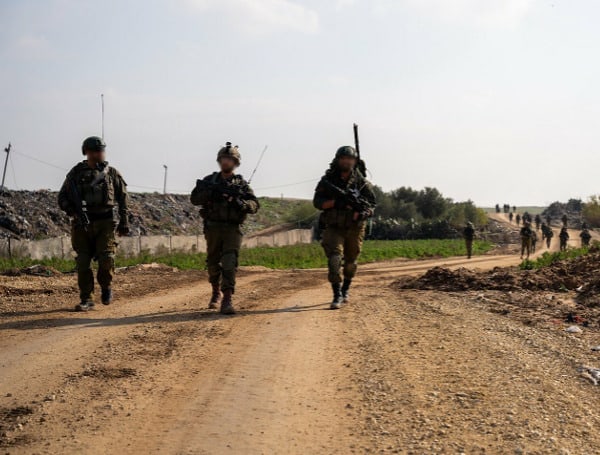The Israel Defense Forces (IDF) have continued their targeted airstrikes against Hezbollah, killing several senior and mid-level commanders in recent days. Among those reported dead is Nasrallah, along with over 20 other Hezbollah officers, including key figures such as Ali Karaki, a Hezbollah Jihad Council member and commander of the southern front against Israel. Other high-ranking officers killed include Nasrallah’s senior advisers and the head of his personal security detail.
In a recent airstrike on September 28, the IDF also killed Nabil Qaouq, deputy chairman of the Hezbollah Executive Council and a potential successor to Nasrallah. Israeli media later reported that the IDF had targeted Abu Ali Reda, commander of the Hezbollah Badr unit, in Beirut on September 29. Hezbollah has denied reports of Reda’s death.
Read: Houthi Rebels Claim Attacks On Israel And US Navy Amid Escalating Conflict
In addition to targeting Hezbollah leadership, the IDF has intensified efforts to weaken Hezbollah’s military capabilities and disrupt weapons transfers from Syria into Lebanon. The IDF has carried out over 120 strikes on Hezbollah positions, including rocket launchers, weapons caches, and other military infrastructure across southern Lebanon and the Bekaa Valley. Israeli forces also targeted smuggling routes in al Qusayr, Syria, while local reports indicate an airstrike near Yafou, close to the Lebanese border.
Hezbollah has retaliated by launching rocket barrages at Israeli military and civilian locations, including Camp Ofek, a first-time target in this conflict. The IDF also intercepted drones launched by Hezbollah over Israeli waters. However, despite these attacks, analysts suggest that Hezbollah is currently experiencing organizational paralysis, struggling to respond effectively to the Israeli air campaign.
Meanwhile, a Grad rocket launched from southern Lebanon landed in an uninhabited area southeast of Amman, Jordan, on September 29. The rocket fell near the Marka civil airport, used by U.S. forces, although no group has claimed responsibility. Hezbollah may have misfired the rocket, or it could have been launched by Iranian-backed Iraqi militias, though there is no conclusive evidence at this time.
In Yemen, the IDF conducted airstrikes on Houthi sites in al Hudaydah and Ras Issa on September 29, retaliating for a Houthi missile attack targeting Ben Gurion International Airport. The strikes targeted infrastructure used by the Houthis for oil smuggling and Iranian weapons imports. The Houthis, who have been cooperating with Iranian-backed Iraqi militias, recently sent drone experts to Iraq to assist these groups in their attacks on Israel.
The ongoing conflict has seen Israel’s airstrikes severely disrupting Hezbollah’s leadership, though experts warn that this disruption could be temporary as Hezbollah attempts to reconstitute its command structure. The IDF continues to monitor the evolving situation closely, with further strikes likely in the coming days.
Please make a small donation to the Tampa Free Press to help sustain independent journalism. Your contribution enables us to continue delivering high-quality, local, and national news coverage.
Android Users: Download our free app to stay up-to-date on the latest news.
Connect with us: Follow the Tampa Free Press on Facebook and Twitter for breaking news and updates.
Sign up: Subscribe to our free newsletter for a curated selection of top stories delivered straight to your inbox.

